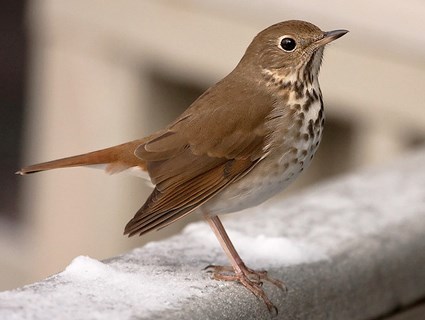When choosing a book to read, I try not to read too many reviews. If the publisher's blurb sounds interesting and the Goodreads community star rating is 4 or above, that's enough--I add it to my list and preview no more.
The 'official' review for The Princess Diarist starts off thus:
 The Princess Diarist is Carrie Fisher’s intimate, hilarious and revealing recollection of what happened behind the scenes on one of the most famous film sets of all time, the first Star Wars movie.
The Princess Diarist is Carrie Fisher’s intimate, hilarious and revealing recollection of what happened behind the scenes on one of the most famous film sets of all time, the first Star Wars movie.
I stopped right there and sent it straight to the to-read shelf.
But the review goes on...
Fisher also ponders the joys and insanity of celebrity, and the absurdity of a life spawned by Hollywood royalty, only to be surpassed by her own outer-space royalty.
Also, he says? How about, almost entirely?!?!?
Now, my general approach to writing my own "reviews" is this: if 24,000 people have already reviewed a book, then you doesn't need mine. I can write whatever I want; I don't have to stay on topic, be objective, or even stick to the facts. I simply have to report why I loved or hated the book.
But not this time. I consider it my duty to make a few corrections to the
official review.
The book starts off with a little biographical information. Then it relates her interview for the role in Star Wars and her reaction to being chosen. At this point I'd gotten accustomed to her writing style and was even little charmed by it--it was like an aimless amble around a poorly planned goat trail through the brambles of her brain.
Then the book relates in excruciating detail how she ended up sleeping with a certain person. Then it goes on and on and on and ON about that person and her feelings about him. When that topic is sufficiently beat into the ground, the author's narration abruptly ceases and another voice starts reading from the actual diaries. They were about the same as any diaries written by any other teenager of any day and age...although I suspect some of the entries were written under the influence of a mild hallucinogen. Even when they weren't confusing dreams with reality, they were pretty lame listening to the person outside her head.
I had to start skipping at that point. I'm not so big a fan that I really want to listen to stream of consciousness, fever dreams, or random ramblings of anybody's brain anytime.
Eventually Ms. Fisher's narration resumed. She jumped to the present time and began relating the things fans said to her while she was signing autographed pictures at comic cons. Mixed in with the inane chatter were her own thoughts and reactions. Random, amusing, and interesting. Very interesting--for about two minutes. Then it was
enough already!And that's all. Nothing else about the movies or the making of them, behind the scenes or otherwise. My recommendation for my friends is this: borrow the book, read the first few chapters and skim a little of the rest. Sorry.
 The Beatles: The Biography
The Beatles: The Biography



 Definitely a hermit thrush hanging out in my yard! I wish it would sing for me. Most beautiful bird song in the world IMHO.
Definitely a hermit thrush hanging out in my yard! I wish it would sing for me. Most beautiful bird song in the world IMHO.










































